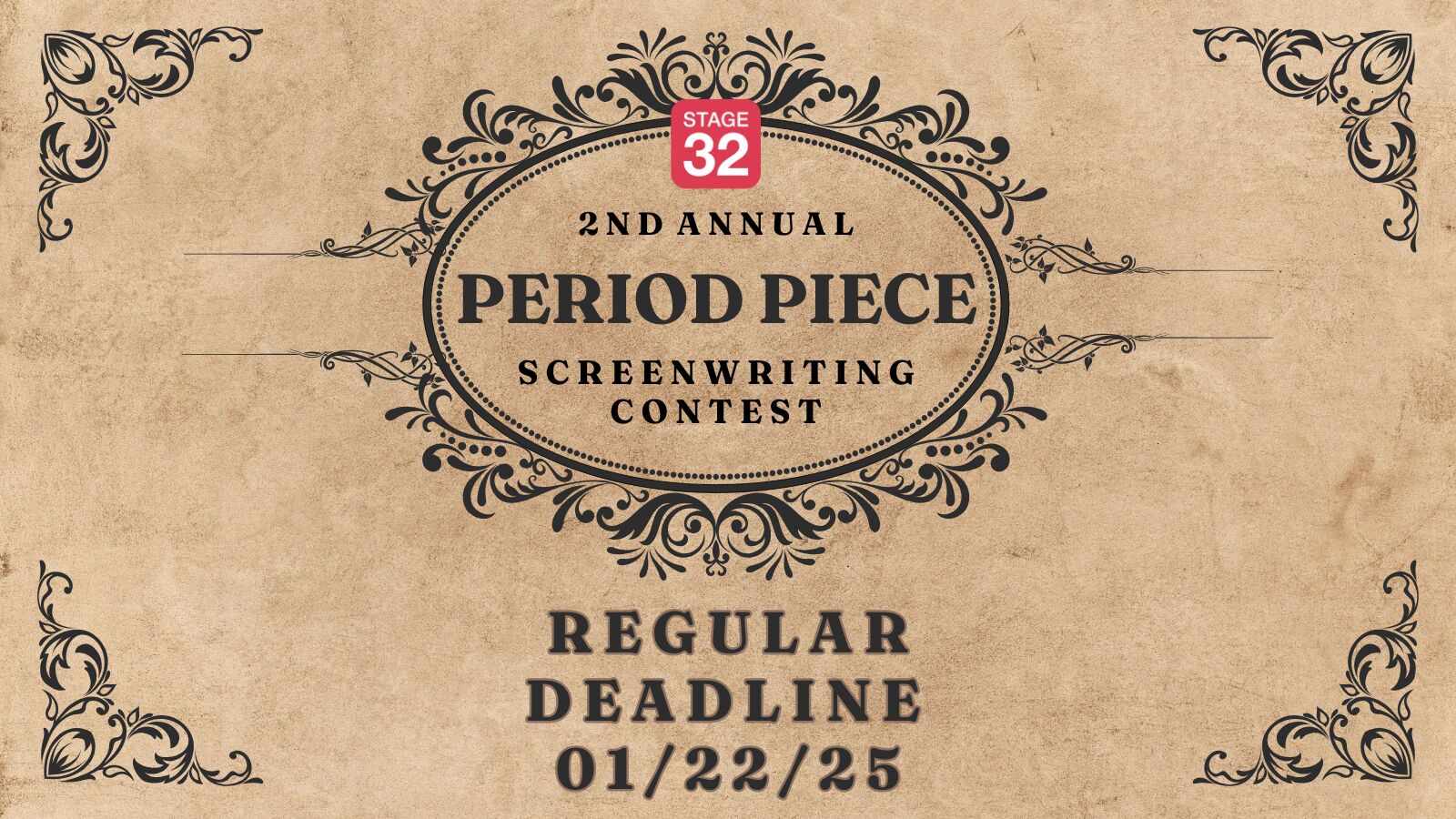Just throwing this out there. For those like me who have to get hit in the head to learn.
I learned to correct my two biggest writing flaws from these two productions.
1) I learned how minimal dialogue needs to be. I was always dialogue heavy; like Hugh Grant heavy.
I watched this movie, finally, finally realizing the visuals told the story. Yes I have a hard head. Thank You Mike Wallis.
https://www.imdb.com/title/tt1783285/
2) I learned conflict. I know, despite every book , reviewer and RB repeating the mantra, I failed to write true conflict. Then I watched Mar de Plastico. Every character has an inner and outer conflict, the town has multiple social conflicts. It is a mass of conflicts all crashing into each other.
https://www.imdb.com/title/tt4719586/fullcredits/?ref_=tt_ov_st_sm
Ok lesson learned.




Funny, I had those same two problems. And after reading Mckee's STORY a large object crashed on my cranium too! :?) - That's when it dawned on me that I was writing stage plays, not screenplays. Lesson learned. Course corrected. Sailing ahead with new and exciting terse and conflict-centric material. Sounds like you are too. I'm very happy for you!
1 person likes this
Awesome points, Peter. I try to be conscious of conflict in my screenplays but it is tough. I hate manufactured conflict, or conflict for conflict sake.
2 people like this
Yes Jean. We all want to talk, we forget the action. I studied Chinatown forwards and backwards to learn. I did not expect a tiny production made in NZ to teach me the biggest lesson of them all. Michael, in Mar de Plastico, the social conflicts were germane to the plot; like a pot of soup that the characters were thrown into, each with a different flavor.
1 person likes this
Whatever gets us there, right? :) BTW, I meant no disrespect to playwriting, I've had a few produced over the years. I'm just saying it's a very different genre. Films are inherently visual, and plays are literary and dialogue-centered. I know...I stated the obvious, but to know it and to "get it" are two different things. That's why your post resonated - clearly you had the same epiphany. You just arrived via your own path. Either way, I am TRULY happy for you. For the sake of anyone who lands here, Robert Mckee's seminal book STORY is also well worth your time. It's a game-changer for any screenwriter with a humble learner's heart. (If you took his workshop, you know how down-to-earth and REAL he is. The book is equally great, and less expensive.)
3 people like this
Mike W. Rogers, yeah, "conflict for conflict's sake" is, indeed, evil. That's one of the major mistakes of intermediate screenwriters. They've learned that conflict is important, but they don't understand what it is. So they create characters who don't like each other, or have interpersonal squabbles, in order to pepper their script with this "conflict" they've heard so much about.
They'd be better off forgetting the word conflict and instead understanding that their hero has multiple GOALS (a main story goal, a personal growth goal) and that there are certain strong and plausible OBSTACLES to these goals.
Conflict happens at the place where goals encounter obstacles. Make sure your writing has clear goals and obstacles and you never need to think about conflict at all.
2 people like this
"Conflict happens at the place where goals encounter obstacles." Excellent point, Kerry. Circumstantial conflict (aka obstacles) are more organic than contrived conflict. Authenticity is key.
1 person likes this
This is the problem I'm having. As soon as I read Protagonist and Antagonist I automatically think good guy, bad guy. My Dramedy is based on a lonely man who longs to get a life and make friends, but meets a guy who's up to his ears in people, most of whom drive him nuts. Kerry your comments have spurred me on to persevere with my story just as it is. Thanks!
2 people like this
I've always been wary of the dictum that every scene must have conflict. As has been suggested in this thread, it is not the best word to use. Sometimes, to move the story along, scenes without obvious conflict are necessary, as when the protagonist has to board a train and travel to a destination. Or we see a car driving along winding country lanes. The concept of goals and obstacles is much more useful...
1 person likes this
Peter, I need to watch Mar de Plastico.
Kerry, excellent point, not sure if I am accomplishing this as of yet.